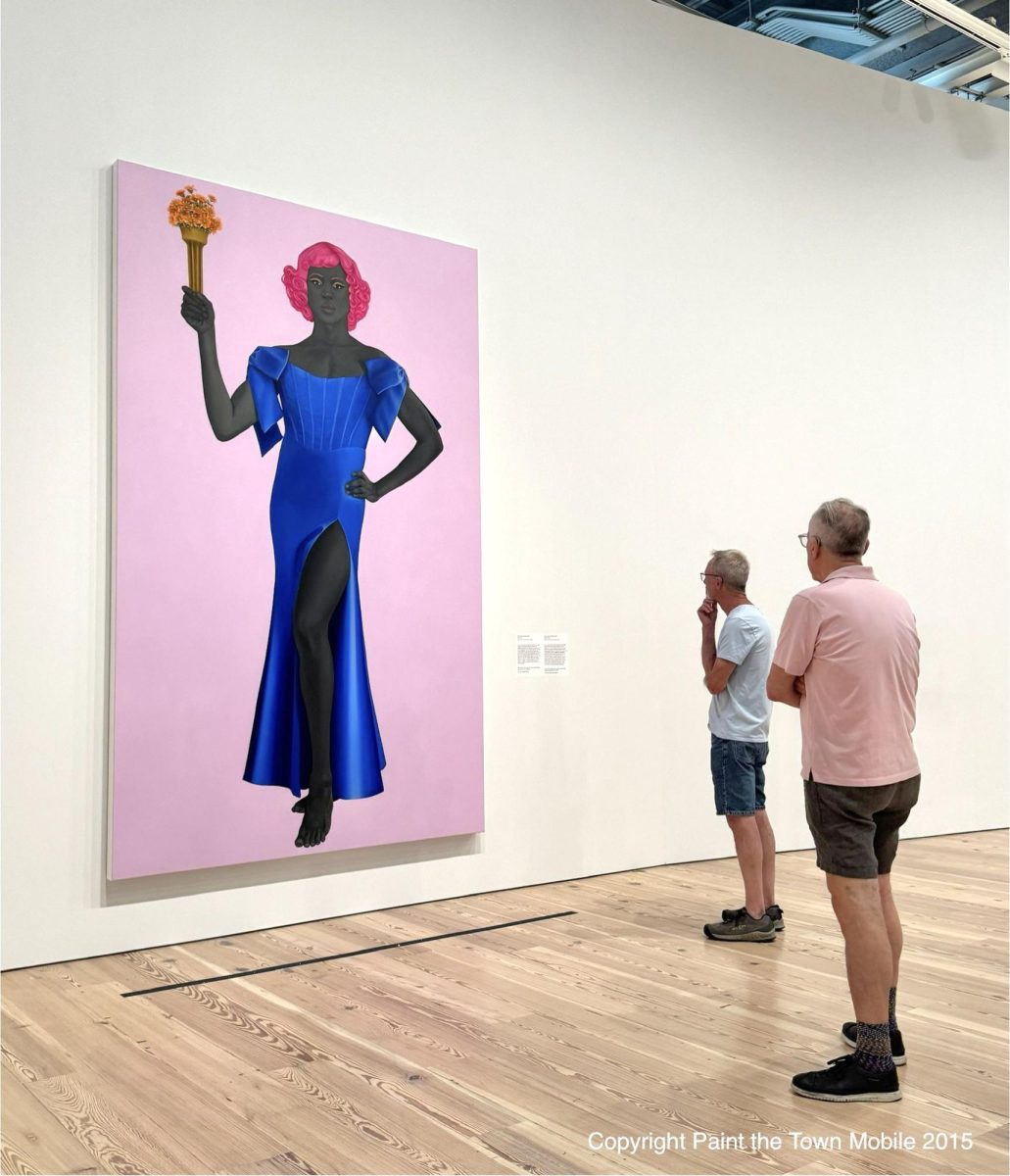Comedian Jo Koy hosted this year’s Golden Globe Awards and his supposed comedy fell short time and time again. He was ill-prepared and did not know his audience; instead of taking responsibility for his comments, he simply blamed the writers for the jokes, almost immediately after the writing strike was over.
It was clear Koy did not understand the movie and how much it meant to so many when he made the “joke” that it was “a plastic doll with big boobies.” It’s almost as if the whole point of the movie went over his head. He made this remark at the Barbie movie and yet described Oppenheimer as “based on a 721-page Pulitzer Prize-winning book about the Manhattan Project.” There were no snide remarks when describing Oppenheimer, so why was this not the case for Barbie?
Barbie revolved around the popular Barbie doll, creating a world run by Barbies in all different career paths, coexisting with Kens. Everything changes, however, when Barbie begins to face changes to her appearance such as flat feet, and must go to the real world, joined by Ken to try and fix the changes she is going through, but the real world is much different than the Barbie world. When she returns home, Ken brings the idea of male superiority from the real world to Barbie Land and the other Kens follow suit and take over, this leads the Barbies and a mother and daughter from the real world to join together and take Barbie Land back.
While from the outside, this story might seem very shallow, with the plot revolving around the way a doll looks, it is so much more than that once you look a little deeper into the message director Greta Gerwig was trying to convey.
No matter the types of accomplishments that women have, men like Jo Koy never fail to make them seem small and insignificant even if they are anything but. The Barbie movie is just another example of feminism and the way Gerwig is able to incorporate it into cinematography. The message of the movie is far beyond a plastic doll but instead about the everyday lives and struggles that women have to face and the fact that no matter how many times women try to make their voices heard through outlets such as cinema they are just sexualized by men who didn’t even try to comprehend the message behind the pieces.
Jo Koy made fun of a movie discussing a struggle that he will never be able to understand, the struggles that every woman has to deal with every day of their life. So many little girls, teenagers, middle-aged and elderly women found something to relate to in the movie, seeing a bit of themselves or a bit of who they want to be in the Barbies portrayed, only for the movie to be patronized.
Women are constantly forced to carry the burden of unrealistic expectations, but even if they succeed they are undermined and underappreciated. Jo Koy’s comments about the movie are just another example of expectations for a woman’s life being nothing more than an oxymoron, constantly contradicting itself, making it impossible to simply exist in what is deemed a societally correct manner. A woman’s success should never be diminished by a man’s punchline.








